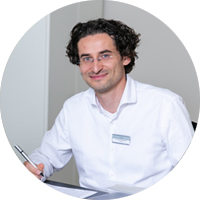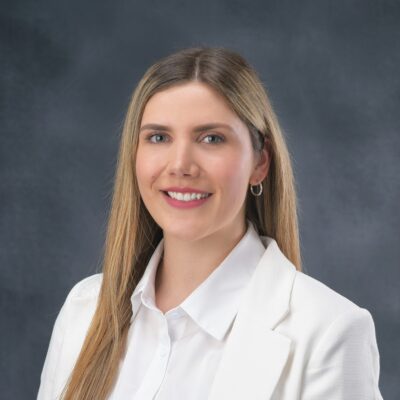Private clinic for obsessive compulsive disorder
When control gets out of control
We all know the phenomenon that certain thoughts keep popping up in our heads and we perform certain actions nonsensically, even though we actually know better. In obsessive-compulsive disorders, however, the phenomena described take on a completely different dimension. Learn more in our patient information on the treatment of obsessive-compulsive disorder.
The disorder manifests itself through constantly recurring obsessive thoughts, disturbing impulses, imaginations and ideas. In addition, there are compulsive actions that the affected persons “must” perform stereotypically over and over again. An inner pressure is experienced that torments the sufferers and places a heavy burden on their lives. The compulsion interferes with everyday life, family life and work. Often, shame is felt about the compulsive thoughts and actions, and considerable suffering develops. Obsessive-compulsive disorder, which affects about 2-3% of the population in Germany, is often accompanied by other mental illnesses such as depression or anxiety disorders. In our private clinic we are specialized in the treatment of obsessive-compulsive disorders. Let our experts advise you now without obligation +4997417540540.
Obsessive Compulsive Disorder Symptoms
- Strong inner, subjective urge to do certain things (compulsive actions) or to think certain things (compulsive thoughts).
- Affected person recognizes that the compulsions are senseless, but is unable to break away from them or has difficulty suppressing them.
- Obsessive thoughts and compulsive acts often occur in combination and are often accompanied by other mental illnesses such as depression or anxiety disorders
Frequent compulsive acts
- Washing compulsion (hands, clothes, apartment, etc.)
- Control compulsion (stove, windows, doors etc.)
- Compulsion for symmetrical arrangement
- Counting according to certain patterns
- Repetition of prayer phrases, words or sentences
Causes and backgrounds of obsessive-compulsive disorder
For obsessive-compulsive disorder to develop, several factors must interact. Risk factors include:
- Vulnerability: Varying susceptibility to mental illness
- Biological factors: Disturbed neurotransmitter balance in the brain
- Genetic factors: Genetically determined, obsessive-compulsive disorders occur more frequently in some families. However, it must be taken into account that children can also copy obsessive-compulsive behavior.
- Development/education: An upbringing that provides little security can lead to compulsive behavior.
- Psychological models: an initially harmless but intrusive thought is evaluated as dangerous. This leads to restlessness and agitation. Compulsive action “appeases” this restlessness. A self-reinforcing vicious circle is created.
- Anxiety management: To better cope with anxiety, compulsive actions and thoughts are integrated into everyday life.
- Through formative life events such as physical or sexual violence, emotional neglect or the early death of a parent. With the help of the compulsive action, an attempt is then made to regain control over situations.
- Chronic stress

